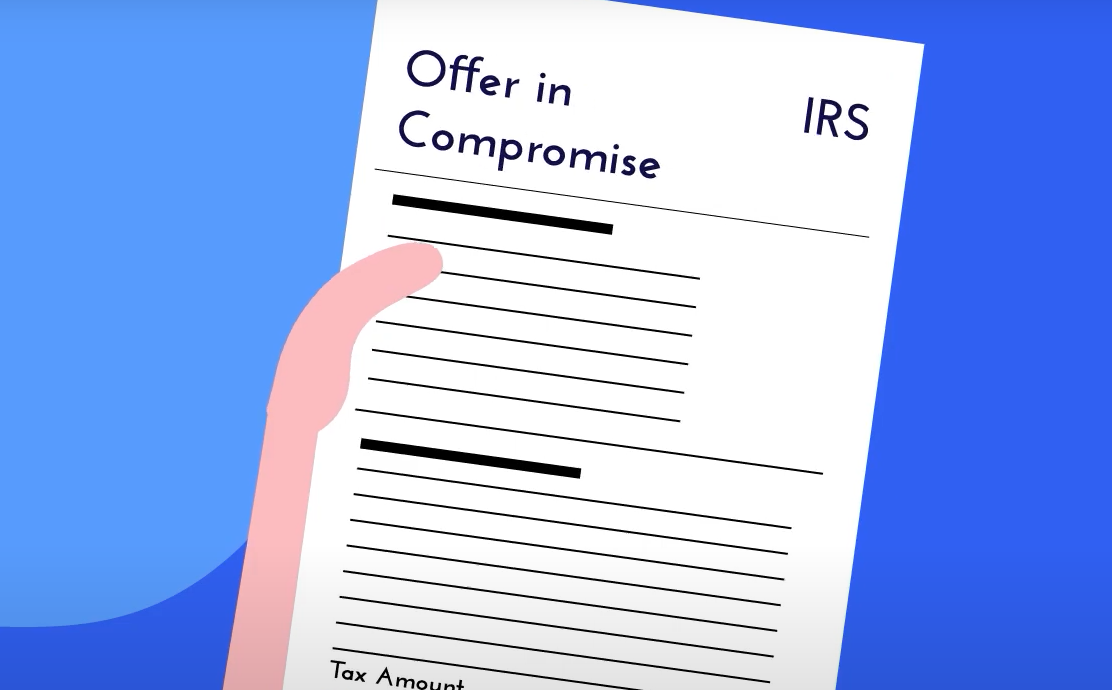 Do you often procrastinate until the last minute? If so, you likely already know how that trait can wreak havoc on your life. Unfortunately, procrastination is the reality for about a third of Americans who wait until the last week before Tax Day to compile and file their taxes.
Do you often procrastinate until the last minute? If so, you likely already know how that trait can wreak havoc on your life. Unfortunately, procrastination is the reality for about a third of Americans who wait until the last week before Tax Day to compile and file their taxes.
Filing your taxes before the next deadline can save you from additional headaches, penalties, and correspondence from the IRS. Get all the details about the next tax deadline extension and how to make sure you meet it below.
What Happens if You Miss the Tax Deadline in 2022?
Tax Day in 2022 was on April 18. The IRS expected all taxpayers to file their taxes on or before that date. So, what happens if you missed that tax deadline?
If you didn’t file by April 18 and you didn’t file for an extension, you may already have been penalized without your knowledge. After 60 days, the IRS initiates an automatic late-filing penalty. This fine is a minimum of $435, but it can exceed that if you owe more than $435 in taxes.
What’s more, this late filing penalty will continue to grow by about 5% each month until you eventually file your returns. That means even a small tax amount can grow into a huge mountain if you don’t take action, file for an extension, or ultimately resolve your tax return.
If the IRS reaches out about your tax bill and you start to willfully evade them, they may take further action against you.
What Is a Non-Filing Penalty?
A non-filing penalty is a late fee charged to taxpayers each month they are late on their taxes. The penalty begins accumulating 60 days after the official Tax Day. Once the taxpayer files their taxes, the penalties will stop.
Keep in mind that the non-filing penalty is not the same as the late-payment penalty, which can continue to accrue even after you’ve filed your taxes.
What’s a Tax Extension?
Anyone who has filed taxes knows that the process can be time-consuming and costly. If you know that you don’t have all your documents together, you can file for a tax extension. An extension increases the amount of time you have to file your taxes. It’s important to know, however, that it won’t give you more time to pay. It’s best to either pay an estimated amount or simply plan on paying interest, penalties, and fees later.
How Long is an Extension on Taxes?
So, how long is a tax extension? Usually, you can request up to six months to file your taxes. If you filed for an extension in 2022, then you have until October 17 to file your taxes.
Is There a Penalty for Filing a Tax Extension?
You won’t be charged any type of penalty or fee for filing a tax extension. It’s crucial to understand, however, that an extension does not prevent penalties. In other words, interest and penalties for not paying your taxes will continue to grow despite an approved extension.
What Are Installation Agreements?
Have you been so hesitant to file your taxes because you’re afraid you’ll receive a bill you can’t resolve right away? If so, then don’t fret! It’s important to understand your options, which include arranging an Installment Agreement with the IRS—that’s basically a payment plan to resolve any outstanding tax debt balance.
Common Installment Agreement Terms
In general, the terms of an installment agreement are simple: You agree to pay off your tax debt each month, and the IRS agrees not to pursue collection efforts against you. The amount you’re obligated to pay will depend on your financial situation. The IRS will request your financial details, and they’ll decide on a payment amount based on what you provide.
Do You Have Tax Questions? Do You Need Help With a Tax Deadline Extension?
While this article makes resolving your taxes sound simple, it’s often intimidating for the average taxpayer to square up with the IRS regarding a tax situation. For starters, the average taxpayer isn’t usually confident regarding their tax knowledge. In addition, taxpayers might feel worried about collection efforts that might start after getting in touch with the tax agency.
If you have these concerns or other tax questions, we recommend getting in touch with a tax expert about your situation. They can help you feel confident in pursuing a tax solution that works for both you and the IRS.
Act Now to Meet the Tax Deadline in 2022
The initial tax deadline passed in April, but another is looming in October. If you filed for a tax extension, then you still have time to get in good standing with the IRS. It makes sense to start working on your taxes now to avoid further penalties and consequences. If you have questions, or you’re struggling to get your taxes filed, it might make sense to consult with a tax expert about how to proceed.
At Tax Group Center, our agents have ample experience helping taxpayers solve their complicated tax issues. If you’re interested in hearing more about how our services can help, we invite you to complete our online tax debt form now to hear back from one of our agents about your situation.



 In 2021, about
In 2021, about 

 For
For 
 In 2011, the IRS Fresh Start program created a bridge to debt forgiveness for delinquent taxpayers that continues to help countless Americans settle federal tax debts today. The program is expansive, fairly easy to enroll in, and designed to minimize penalties. While the IRS offers a range of debt relief options that include
In 2011, the IRS Fresh Start program created a bridge to debt forgiveness for delinquent taxpayers that continues to help countless Americans settle federal tax debts today. The program is expansive, fairly easy to enroll in, and designed to minimize penalties. While the IRS offers a range of debt relief options that include 